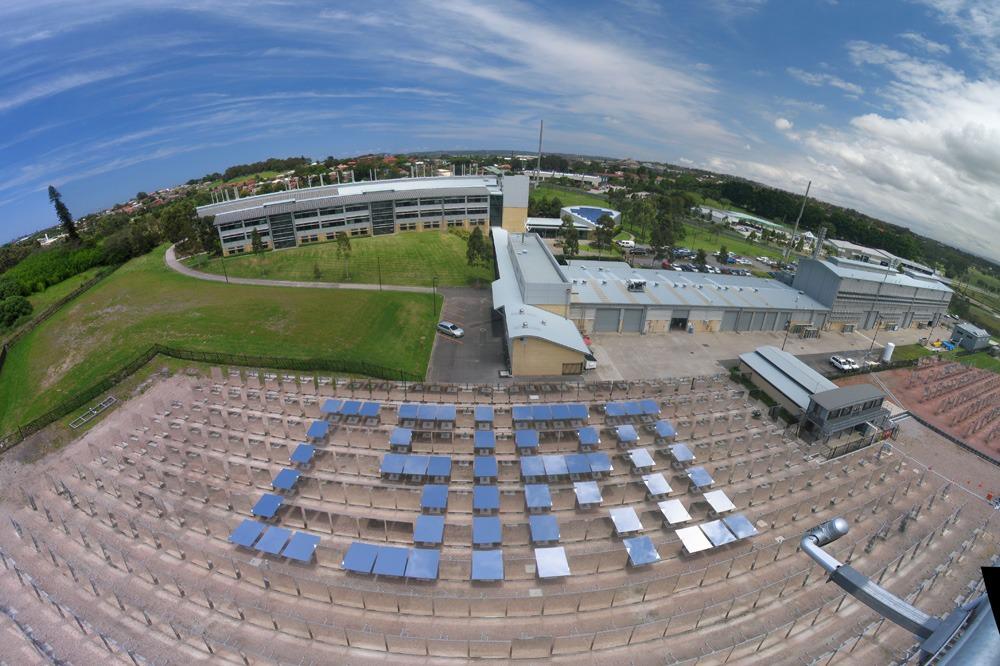In the face of rising energy costs, the Commonwealth Scientific and Industrial Research Organisation, or CSIRO, believe that storing solar power is needed to cut energy bills.
CSIRO highlights benefits of storing solar power
CSIRO energy economist Paul Graham said the best way to cut down energy bills would be storing solar power. This will only be possible by introduction of electrical storage that is affordable and would allow families to exit from the grid. CSIRO also added that the entire power system is built on the reality that consumers can’t store energy, and that energy savings will become possible only when electrical storage becomes within reach of the ordinary household.
The problem, however, is affordability of batteries. According to Alternative Technology Association, batteries right now would cost anywhere from $15,000 to $20,000 making the technology still too expensive for the ordinary Australian family.
That could all change if Sunpower Corporation’s plan eventually comes into fruition. The builder of solar panels and large-scale solar power plants has started a pilot project in Victoria that aims to store domestically produced solar energy.
According to CSIRO, the plan could be a virtual game changer. For years, the lofty goal as far as solar energy is concerned would be the ability to store power generated from the solar cells that can be used at a later time. Currently, households with solar PV generators can supply power into the energy grid and paid for around 8 cents per kilowatt hour at daytime. But the problem is when they need to use electricity in the evening, they are charged by as much as 30 cents per kilowatt hour.
According to CSIRO, by storing solar power, households and businesses can get around the problem rather easily.
Sunpower, which is present in 10 countries, has picked Australia as the location of its pilot project. Its president Tom Werner was quoted as saying that Australia’s great solar resource made them choose the country for this ambitious initiative.
At first, Sunpower’s plan seems to come at the wrong time. After all, solar PV installations are down since tariffs were cut for homeowners who were selling power to the grid. There is also uncertainty clouding the solar energy sector with the government reviewing its 2020 Renewable Energy Target.
Still, Werner believes in the project likening it to the transition from wired phones to mobile phones and then to smart phones. He said it might take a while for the project to take off, but it would change the way people generate electricity in the next decade or so.
The CSIRO believes that the costs of battery for storing solar power will only go down by 50 per cent in two decades, although the International Energy Agency thinks the shift will be shorter, expecting it to occur in six years.
Since cheap solar power storage is still many years away, Australian households may have to resort to some traditional ways of cutting energy bills. RMIT professor Alan Pears suggests buying appliances with high energy star ratings can help in cutting energy bills. He also recommends switching from gas to electricity by buying an electric induction cooktop for cooking.



